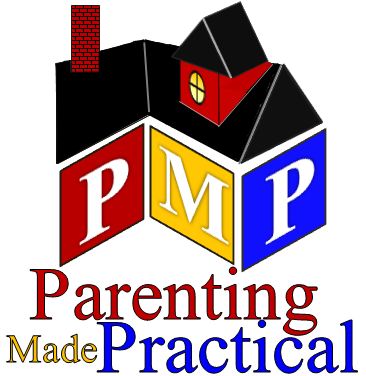Joey and Carla Link
March 15, 2023

Praise and encouragement are far better motivators to get your children to do what they are supposed to do than discipline and critical words. When you praise your child, you are showing him/her your approval for something he did. When you encourage your child, you are giving him/her courage to do something he needs to do, and you cheer him on towards the goal. When you give your kids courage, you are giving them the confidence to tackle the task at hand.
“Therefore encourage one another
and build each other up.”
I Thessalonians 5:11
How to be Encouraging Parents
Do you require your children to do things you don’t require of yourself? Children quickly pick up on any double standard on the part of the parent, and it breeds in them a lack of trust in their parents and that is followed by a lack of security. Asking your children to do what you are not asking of yourself applies to more than just your actions. It applies to how they view your character. For example, do not require them to speak kindly to others if you do not speak kindly to them.
“Follow my example as I follow the example of Christ.”
I Corinthians 11:1
Be specific in the way you praise your kids. “Wow, I saw how you took the time to make sure your covers were on the bed evenly. It tells me you listened and watched how I showed you to do it. Great job!” In this statement Mom encouraged her child for taking the time to do the job right. When her child makes his/her bed tomorrow, do you think he will take the time to do it right again?
Ask your kids how they feel. When talking about one of their athletic competitions, concerts, or tests, ask first how satisfied they were with the outcome and how they feel about what happened at the event. This is especially important if your child/teen has one of the “feeling” temperaments, Melancholy or Sanguine. Two-way conversations about grades, concerts, and competitions will be more profitable than one-way judgments.
Notice your kids/ strengths. Point out their character, attitude, and action strengths to help them when they work to make progress in weak areas. They won’t feel like they aren’t good at doing anything when they know for certain they are. Don’t assume they know what you think about what they are working on. Tell them the positive before you tell them any negative.
If I were to ask you right now, could you tell me the difference between praise and encouragement? It’s a big one. Praise your kids when they have done a good job, encourage them when they need your support to get something done right. When kids get encouraging words every day, they know they can make mistakes without the fear of losing your love and approval. To encourage someone is to give him/her hope.
“Therefore, my beloved brothers, be steadfast, immovable, always abounding
in the work of the Lord, knowing that in the Lord your labor is not in vain.”
1 Corinthians 15:58
